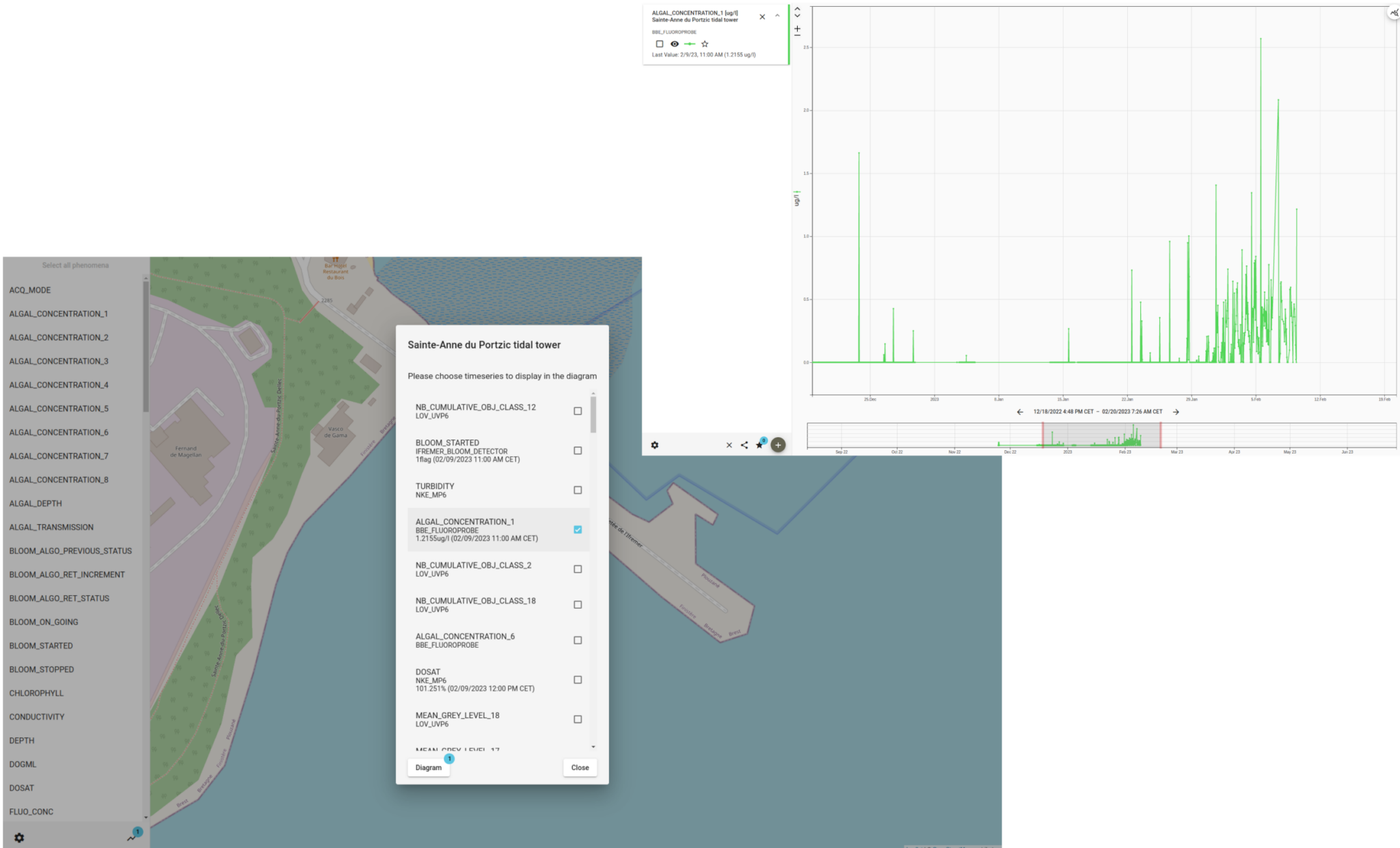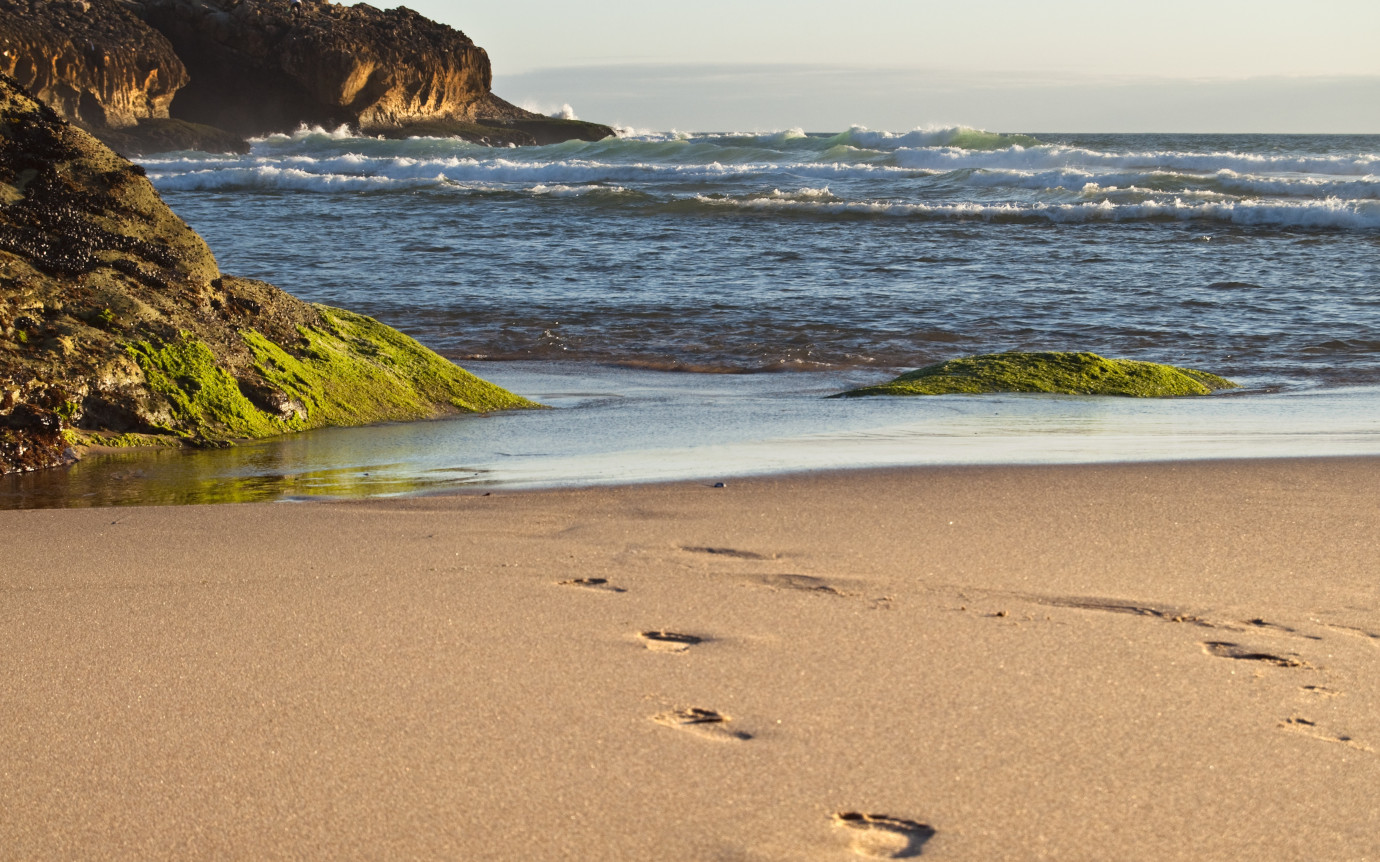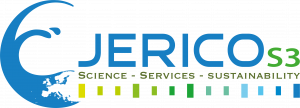Joint European Research Infrastructure of Coastal Observatories: Science, Service, Sustainability
Marine coastal observatories, facilities, expertise and data for Europe
The Joint European Research Infrastructure for Coastal Observatories (JERICO-RI) is a system of systems strengthening the European network of coastal observatories. It provides a powerful and structured European Research Infrastructure (RI) dedicated to observing and monitoring the complex marine coastal seas. JERICO-RI aims to
- provide services for the delivery of high-quality environmental data
- enable access to solutions and facilities as services for researchers and users
- create product prototypes for EU marine core services and users
- support excellence in marine coastal research to better answer societal and policy needs.
JERICO-S3 will provide a state-of-the-art, fit-for-purpose and visionary observational RI, as well as expertise and high-quality data on European coastal and shelf seas. It will significantly enhance the current value and relevance of the JERICO-RI by implementing the science and innovation strategy elaborated in the JERICO-NEXT project.
JERICO-S3 targets a more science-integrative approach to better observe the coastal ecosystem. In turn, this will elevate the scientific excellence of the regional and local ecosystems. The project implements major user-driven improvements in terms of observing the complexity of coastal seas and continuous observation of the biology, access to facilities, data and services, best practices and performance indicators, as well as innovative monitoring strategies. These also cover cooperation with other European RIs (EuroARGO, EMSO, DANUBIUS, ICOS, EMBRC, LIFEWATCH) and international scientific communities, industry and other stakeholders, and aligning strategy with COPERNICUS/CMEMS, EMODNET and GEO/GEOSS.
52°North focuses on technological innovation activities. We work on the advancement of Sensor Web components, such as the Helgoland Sensor Web Viewer and data access services based on the OGC SWE standards. Our aim is to improve the usability of interoperable data exchange workflows and concepts for marine sensor data.
In 2022, 52°North focused on evaluating new standards that could be potentially relevant to the project. These included the new OGC API family of standards, as well as the SensorThings API 2.0 standard currently under development. 52°North also helped prepare the developments by providing custom Sensor Web components.

Partners
39 partners, including:
Coordinator, Institut français de recherche pour l’exploitation de la mer (Ifremer), France
Alfred-Wegener-Institut, Helmholtz-Zentrum für Polar- und Meeresforschung (AWI), Germany
Consiglio Nazionale delle Ricerche (CNR), Italy
ETT S.p.A., Italy
European Global Ocean Observing System (EuroGOOS), Belgium
Helmholtz-Zentrum Geesthacht Zentrum für Material- und Küstenforschung GmbH (HZG), Germany
Istituto Nazionale di Oceanografia e di Geofisica Sperimentale (OGC), Italy
Plataforma Oceánica de Canarias (PLOCAN), Spain

